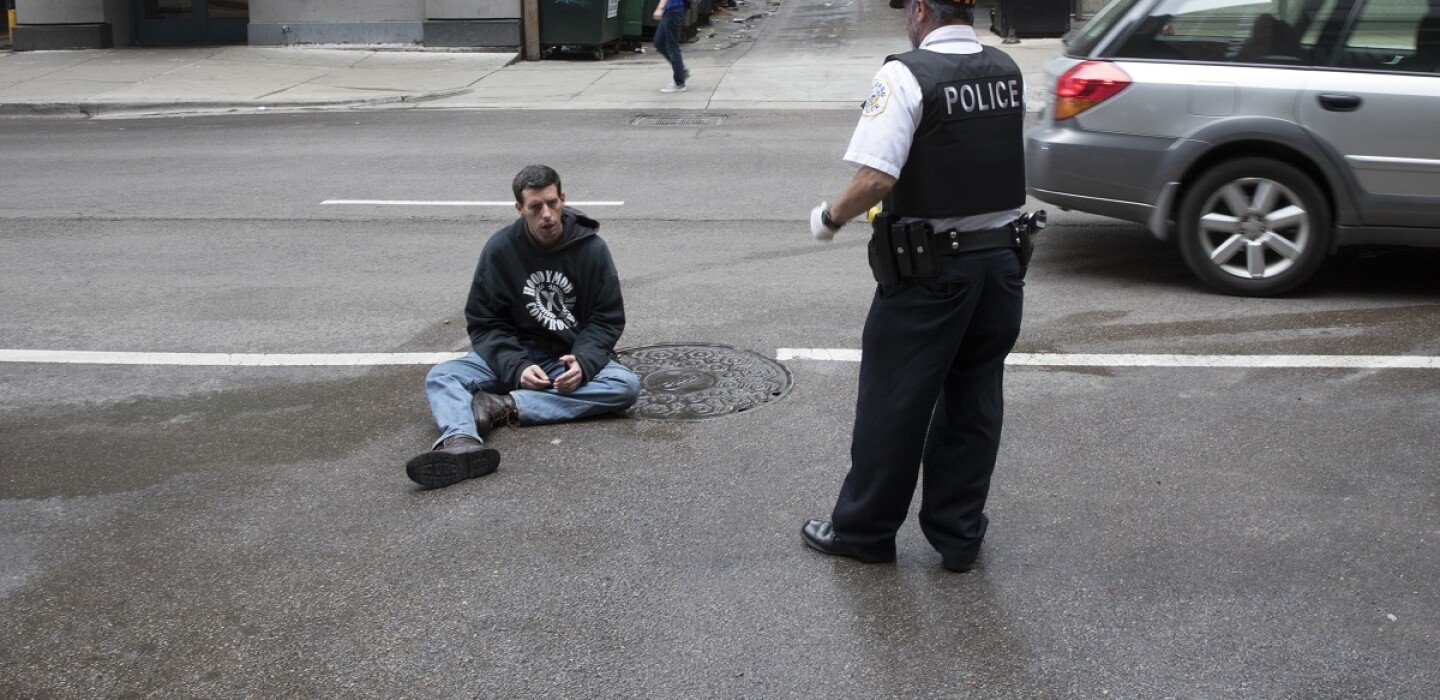
As Mental Health Calls Rose, Lee’s Summit Police Stepped Up
(TNS) – Calls for law-enforcement assistance related to a mental-health crisis have increased dramatically over recent years. Lee’s Summit police officers responded to close to 1,500 such calls in 2022, more than double the number from 2020.
To better help individuals facing this type of crisis, the Lee’s Summit Police Department has expanded its long-standing Crisis Intervention Team to include civilian mental-health specialists, who are housed at the Police Department and available to accompany police officers on calls.
“Our Co-Responder Program is founded on a partnership between ReDiscover and the Lee’s Summit Police Department’s Crisis Intervention Team,” said Officer Michael Isberg, LSPD’s Crisis Intervention Team coordinator. “This partnership forms the backbone of our Crisis Response Unit and is based on the Bureau of Justice Assistance’s Police-Mental Health Collaboration concept.”
Over half of the Lee’s Summit police officers are trained Crisis Intervention Team members, along with several civilian dispatchers and call takers. Isberg said LSPD was the first Missouri police department to adopt the Crisis Intervention Team model, incorporating the concept in 2000.
Since launching in October 2020, LSPD’s Co-Responder Program’s licensed mental-health professionals have accompanied officers on more than 400 calls while also conducting more than 1,200 follow-up calls and home visits, Isberg said.
“Every call for service, every follow-up call and every home visit are geared toward ensuring the person struggling with a crisis is engaged in services before their crisis can turn violent,” Isberg said. “Today, the Lee’s Summit Police Department cannot envision a Crisis Response Unit without a co-responder. They bring an expertise and mindset that both our officers and citizens benefit from on a daily basis.”
During mental-health related calls, the police officer and co-responder work as a team, with the officer concentrating on security and deescalation of the crisis while the co-responder focuses on deescalation as well as providing resources to the person in crisis, he said.
“The main goal of the program is to provide the right intervention at the right time to meet people where they are at in their crisis or recovery journey,” said Heather Mason, ReDiscover program manager — Mobile Crisis Response Services.
In addition to helping people in crisis access services, the Co-Responder Program is designed to help prevent violent outcomes, reduce the number of arrests and divert individuals in crisis away from emergency rooms and jails.
Lee’s Summit Police Department has two full-time co-responders, who are employed by ReDiscover and embedded within the Police Department. If a co-responder is unavailable, ReDiscover has crisis staff available 24/7 to support police officers by responding to immediate crisis situations, Mason said.
During a mental-health related call, the co-responder listens to the person in crisis. Depending on the situation, the mental-health professional may take a number of next steps, including working with the person on safety planning, determining if the individual has family or others in their support network to assist them, discussing topics such as locking away sharps and any dangerous objects, helping the person get meds through an urgent-care visit or arranging additional medical assistance.
“We are able to meet people where they are at physically and emotionally to provide an immediate crisis intervention and referral to appropriate services,” Mason said. “Sometimes, an individual is willing to engage with them and other times the individual is suffering from severe mental-health symptoms and unable to appropriately engage. Regardless, they (the co-responders) are able to provide some sort of intervention.”
The co-responders have successfully assisted in deescalating individuals in crisis while also providing supportive listening, suicide/risk assessments and referrals, she said.
One example of a co-responder’s role during police calls is when they reach out to someone with a chronic substance use issue who has been unwilling to get treatment.
“They have assertively outreached individuals to encourage them to engage in treatment, then have successfully connected them to detox and residential treatment,” Mason added.
The Crisis Intervention Team (CIT) officers and co-responders are available to help anyone facing a mental-health crisis.
“The community just needs to know to ask for a CIT officer and co-responder,” Isberg said. “Or, if law enforcement is not needed, they can call 988 and request a mobile crisis response from mental health professionals only.”
©2023 The Kansas City Star. Visit kansascity.com. Distributed by Tribune Content Agency, LLC.


Average Rating